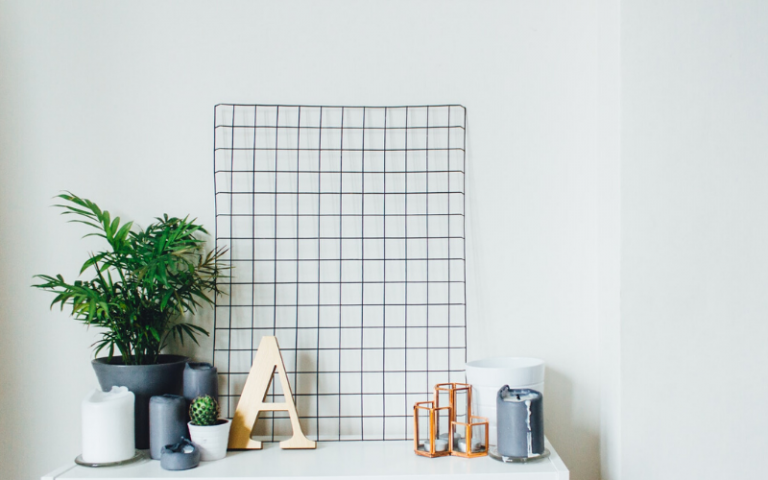How to set up home as a study space
13 September 2021
Whether you prefer studying at home or on campus, it's important to have a space where you can work effectively for those last minute proofreads or to while away the afternoon working on your research project or essay.

Here are some simple tips and tricks to improve your work environment for maximum concentration and productivity.
1. Don't stay in bed
To be productive it's important to separate your working area from your relaxing. If you only have one room, create a tidy workspace on a desk or table and clear away clutter and distractions. If you don't have a desk, any surface where you can sit comfortably with you laptop and notes is good enough!
2. Get a houseplant
It is known that plants can increase happiness and reduce stress, so they are a great addition to any workspace. Pick one that is easy to maintain and helps improve air quailty, such as a Spider Plant, Dracaena or Boston Fern. Check out Patch for a range of indoor plants that can be delivered straight to your door!
3. Open a window for fresh air
It can be difficult to concentrate when working in a stuffy room, so make sure your working space is well-ventilated. Fresh air gives you energy and a sharper mind, so try to keep a window open whilst you study to let in as much fresh air as possible.
4. Get natural light
Make sure your study space gets plenty of natural light. Natural light will make you feel better, and studies show that it can also improve productivity and help you sleep better too! Whatever your set up, try to position your workspace in the most well lit area of a room.
5. Sit comfortably
You should set up your work workspace in such a way that your back and neck are straight and your arms are parallel to the floor. To remain productive, you should also avoid slouching, or keeping your arms at odd angles. When you need some relief from constant sitting, download StretchClock for some simple exercises.
 Close
Close

